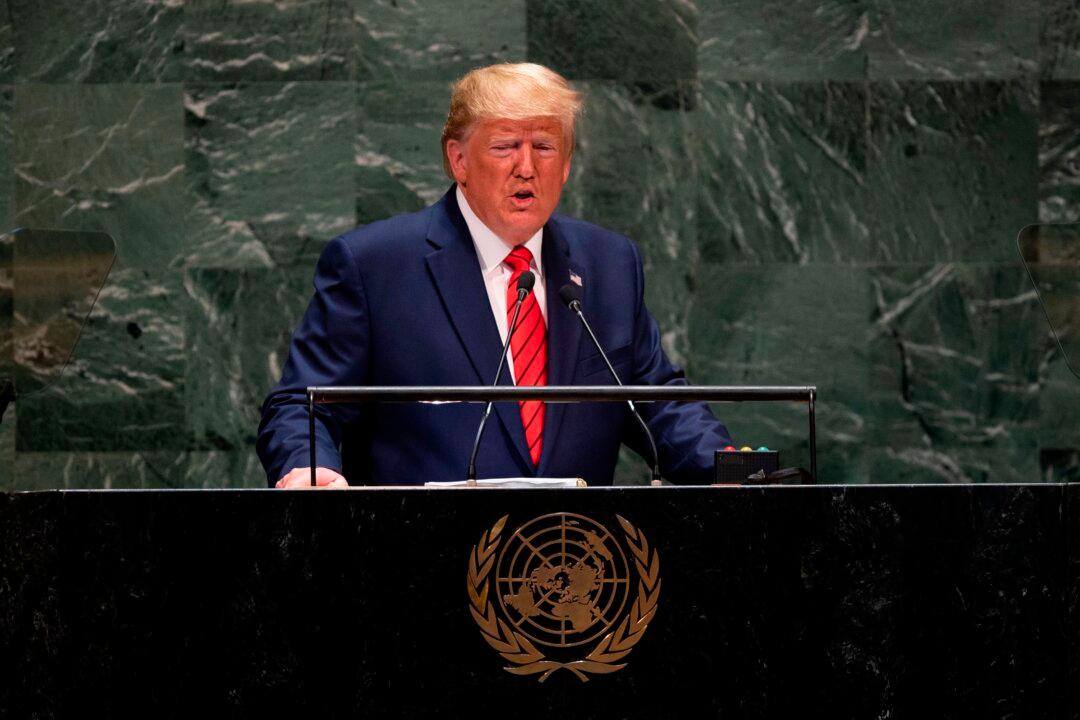Commentary
With all of the noise about the impeachment investigation of President Donald Trump and possible misuse of authority by former Vice President Joe Biden, readers can be excused for having missed some of the other recent stories.


With all of the noise about the impeachment investigation of President Donald Trump and possible misuse of authority by former Vice President Joe Biden, readers can be excused for having missed some of the other recent stories.